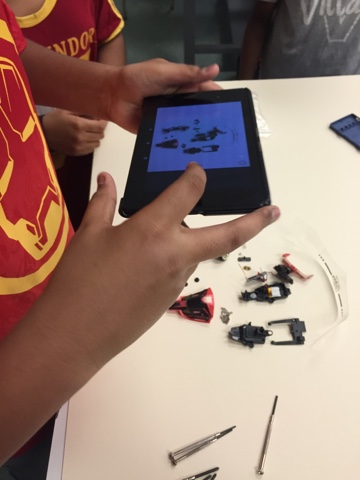The following research tips come from Dr. Jake Ruddiman, Associate Professor of History at Wake Forest University.
1. Start with a question that you want to answer.
2. Identify a body of data that you can use to test the question
3. If necessary, revise, limit, or redirect the question based on the nature of the data available. Not all bodies of evidence can answer all questions. Adapt to work with the available data and evidence.
4. Based on the evidence found, what is the answer to the question? What are the mechanisms of cause or the effect and consequences? The answer to your question is the argument of your study.
5. Write it up. Your introduction presents the initial question and builds to your argument/answer. Supporting paragraphs/sections provide the building blocks of the evidence you found that proves your argument. The conclusion has to answer the challenge question, "So what?" -- why is this significant? What does this reveal or tell us about a larger problem, question, or debate?
It's essentially the "scientific method" rephrased for humanities or social science research.
It helps students avoid the WORST SIN OF RESEARCH: starting with "the answer" and picking around for evidence that fits what they THINK they already know. If a student does this 1) they might still be wrong at the end and 2) they haven't really discovered anything new.
This is the difference between a report and original research.














